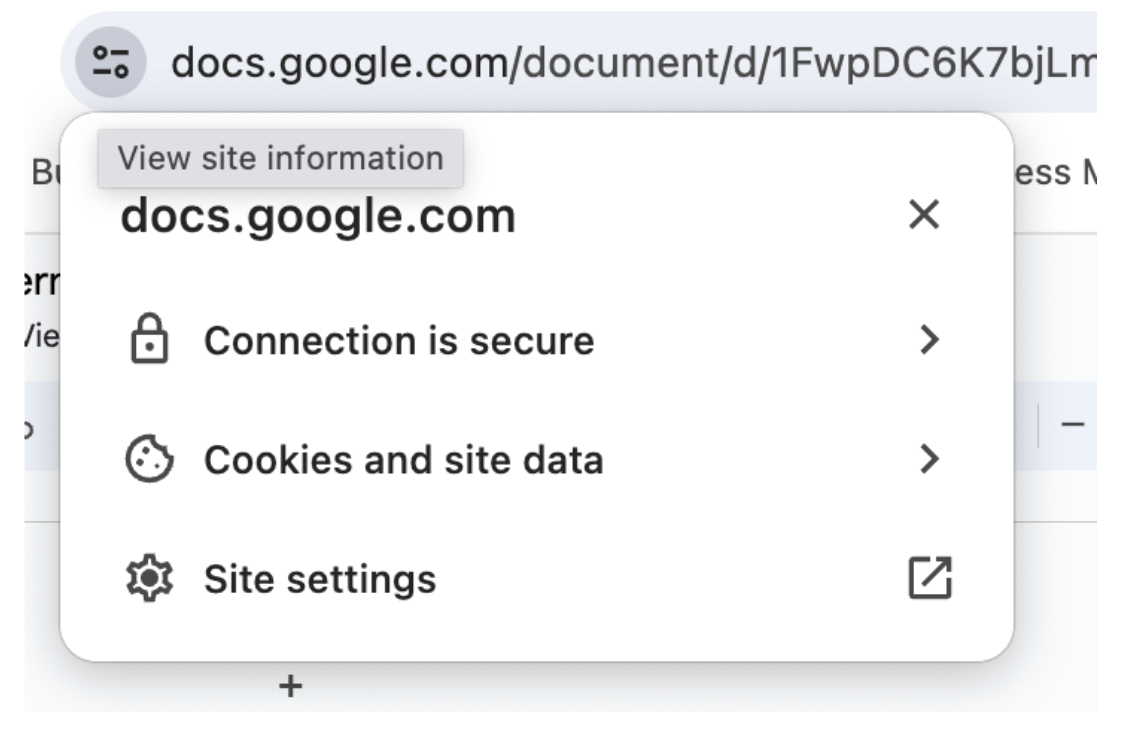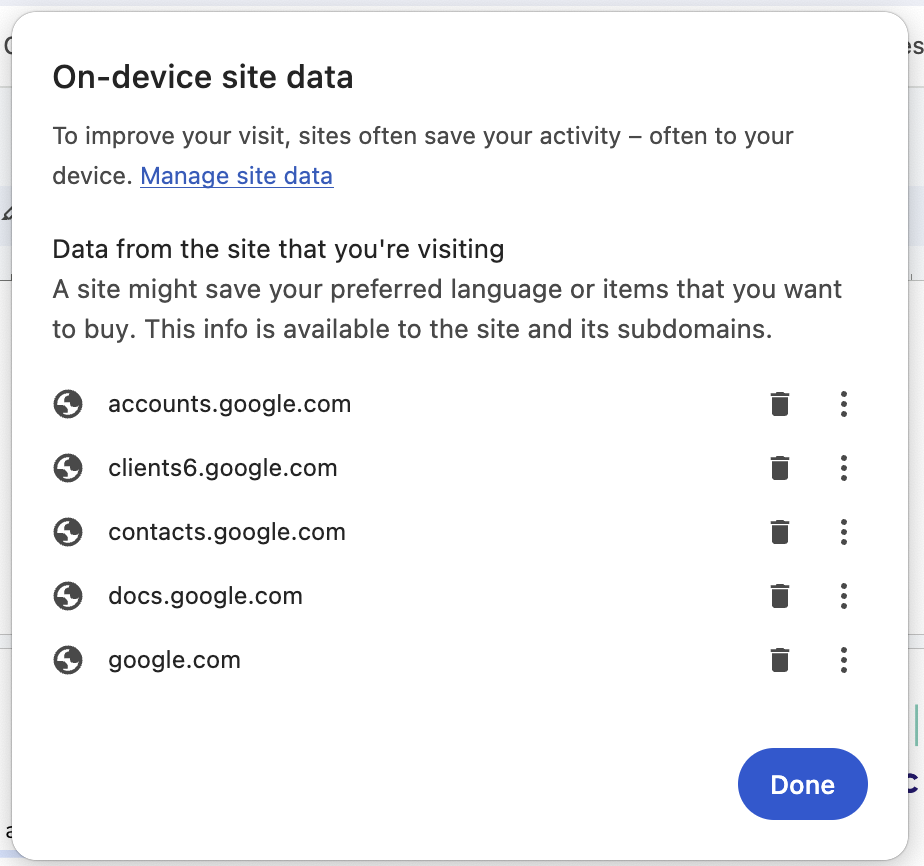Frequently Asked Questions on the Digital Markets Act
Written by Jack Butler, Paid Social Team Lead
The Digital Markets Act (DMA) is a new law in the European Union that aims to ensure big online companies, that have significant control over the market, play fair.
The Act does this by setting rules on how these companies can operate to prevent them from abusing their power, making it easier for smaller companies to compete. If these big companies don’t follow the rules, they can be fined.
Big platforms like Google and Apple are concerned. The bulk of this legislation is aimed at them to prevent them from preferring Safari or preferring Google Weather at the top of a Google search for instance.
How can we tell if a banner is compliant?
It must do the following:
- Clearly explain what cookies are being used and for what purpose.
- Offer a genuine choice to accept or reject cookies that are not strictly necessary.
- Not pre-tick boxes for consent, requiring active user action to opt-in.
- Allow easy access to modify or withdraw consent at any time.
- Not withhold website access if a user declines non-essential cookies.
- Record and store user consent decisions properly.
How do we check if there’s a ‘genuine’ choice if they can accept or reject cookies?
There are a couple of ways, once rejected – Follow the below steps in Chrome.


If anything from another site shows, for example, a TikTok Pixel – the banner is not active.
The other, quicker method, is to reject and check your normal tag trackers – if they are firing correctly, the banner is not working.
Remember to check you haven’t accepted the banner previously – do these checks in incognito or clear cache.
Does this only apply to the EU?
Yes, there are likely to be variations across regions as there already are for other legislation. It’s worth noting that the UK generally follows the EU on digital legislation, so treat these as one.
When is it happening?
May 2024. But GDPR for cookie consent came out in 2018.
Why should marketers care?
Non-compliance can result in some big fines: £17.5 million or 4% of your annual worldwide turnover, whichever is higher. They have gone after US companies too (Amazon & Google), so even if they are US-based – if they are advertising in Europe they need to be compliant.
There haven’t been many cases of regulators going after smaller businesses, but given the size of the fine, the risk to operation is high.
How will it affect campaigns?
We could see a drop off in results and audience sizes as anyone who opted out, won’t be tracked.
Can we combat it in any way?
Server-to-server APIs pass data anonymously increasing tracking accuracy. It’s important clients look to migrate to these tracking solutions.
Read our full blog, Enhancing Digital Marketing Success with Server-to-Server Events, to find out what Server-to-Server events are and why they are needed.
For more information, reach out to our team on Live Chat or read our blog
Everything you need to know about the Digital Markets Act








